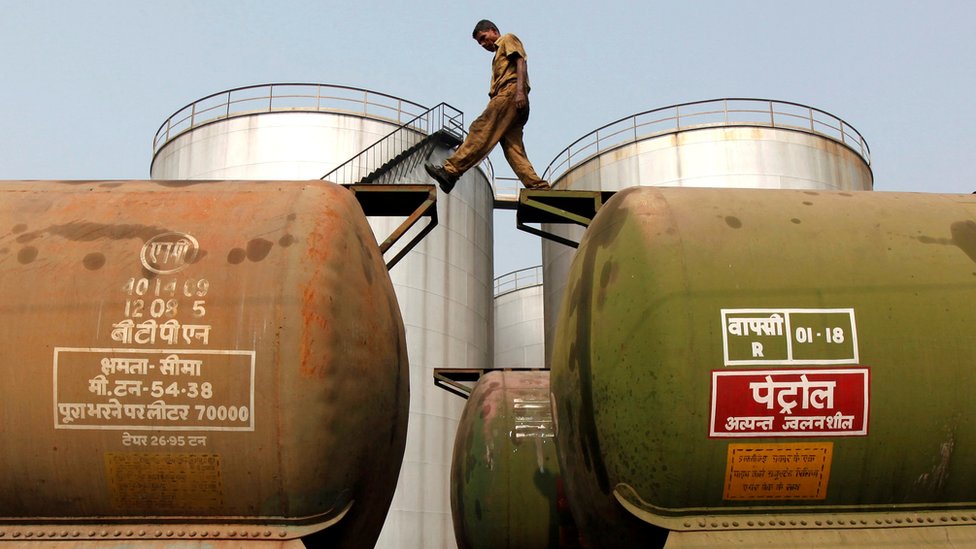The US was surprised by India’s decision to halt Russian oil imports, given Washington’s interest in maintaining energy flow to avert supply shocks amid the Ukraine conflict, according to Bloomberg citing US Treasury Assistant Secretary for Economic Policy, Eric Van Nostrand.
Van Nostrand explained that sanctions aim to diminish Putin’s revenue, asserting that Russian oil, once processed, becomes a different product and is thus immune to penalties.
Current restrictions on Russian oil trade involve a $60-per-barrel price cap imposed by the Group of Seven (G7) since December 2022. Buyers exceeding this cap risk losing crucial Western financial and insurance services.
India, traditionally not reliant on Russian oil, has turned to it as a primary supplier amidst the Ukraine crisis and ensuing Western sanctions.
Despite Western pressure and the war’s expenses, Russia’s oil and gas tax revenue nearly doubled in March compared to the previous year. Russian producers have adapted to sanctions using a sizable “shadow fleet” of tankers, according to US Acting Assistant Secretary for Terrorist Financing Anna Morris.
In January and February, the cost of Russian Urals crude dropped to a discount of $17 to $18 per barrel compared to global prices, down from $12 to $13 earlier.
Morris noted that Russia would counter an effective price cap by investing to evade sanctions, necessitating continued adaptation and innovation in Western strategy.


